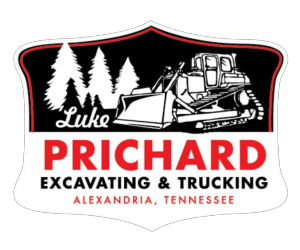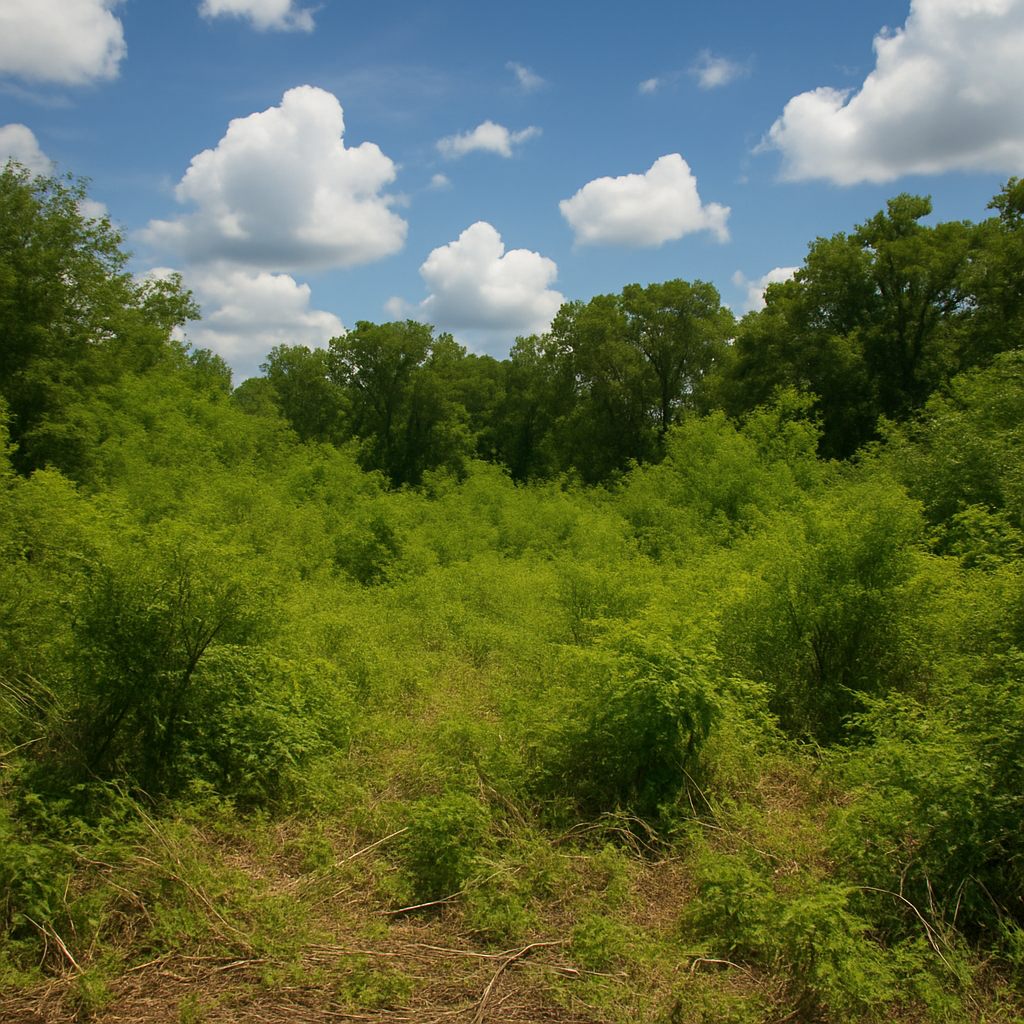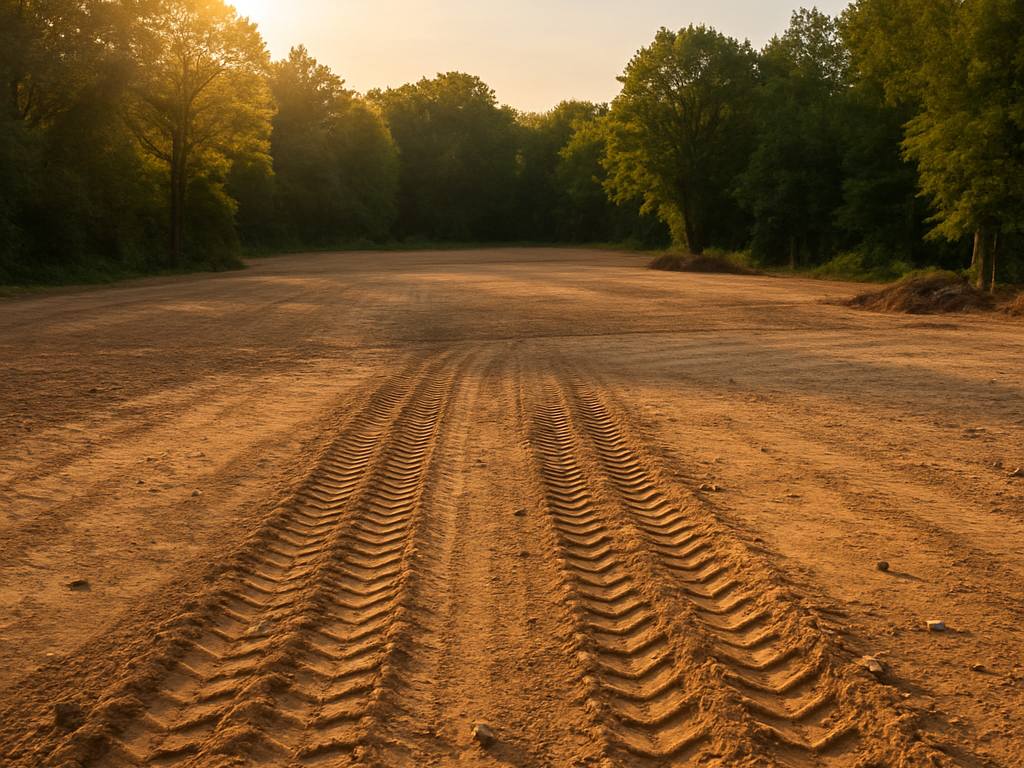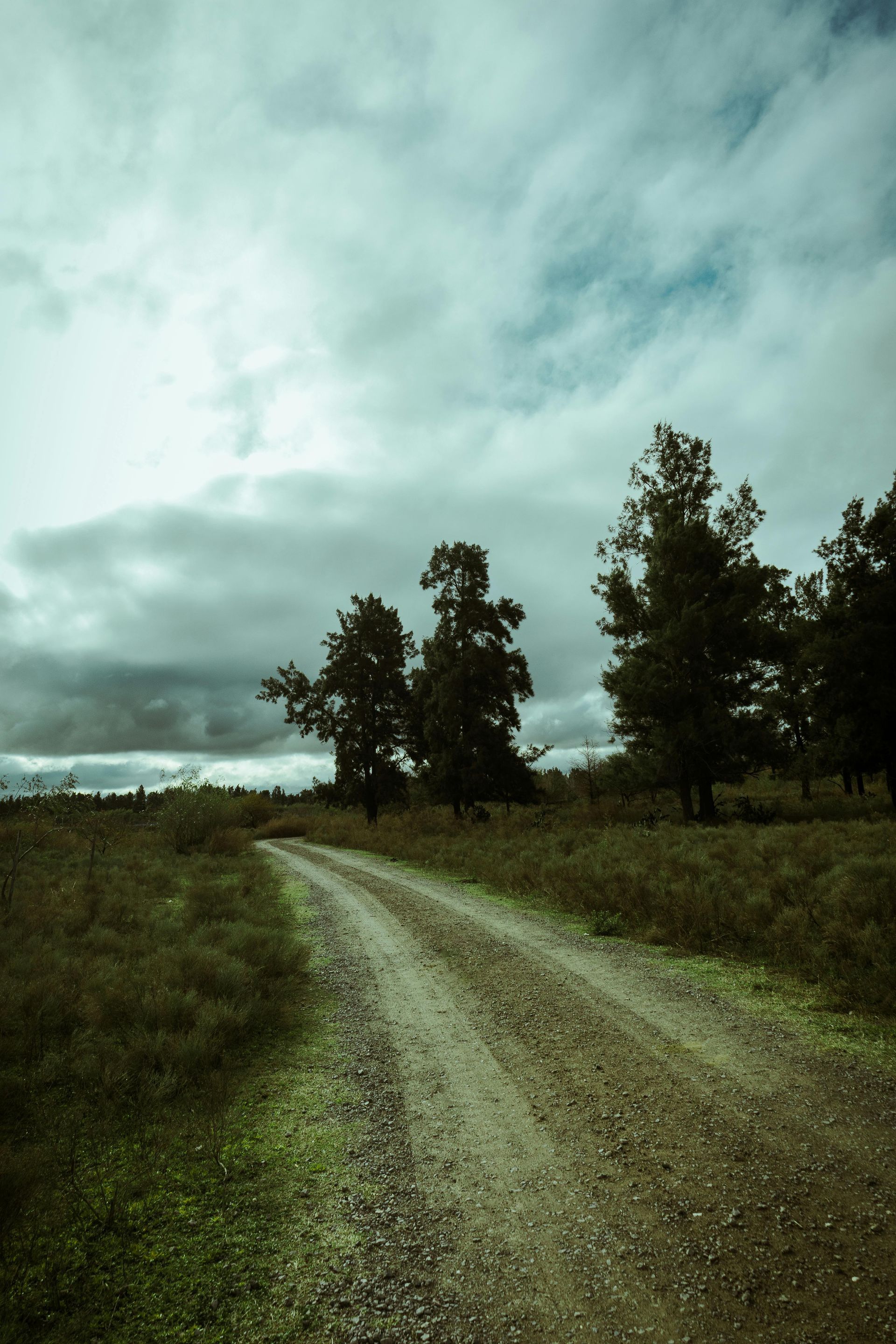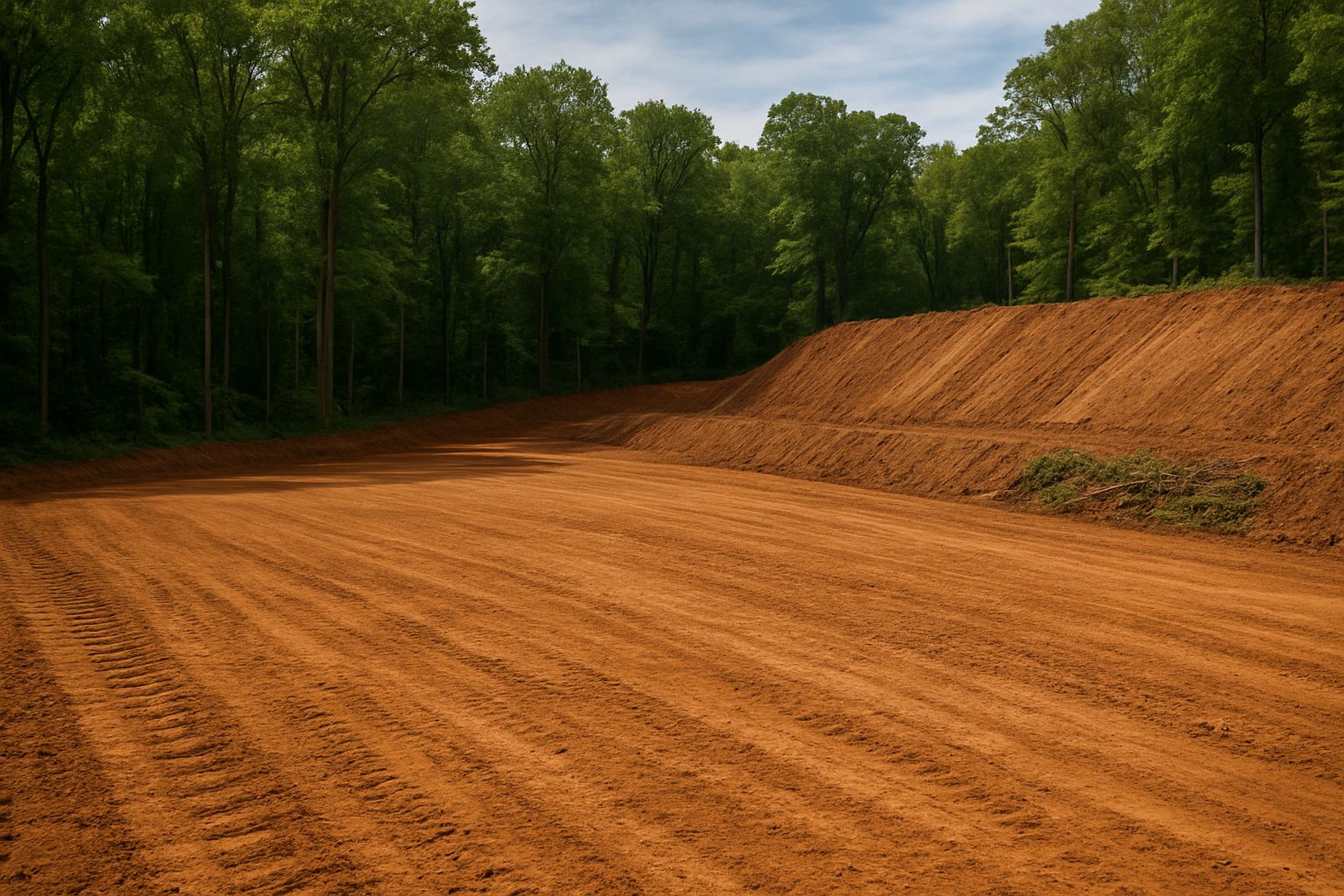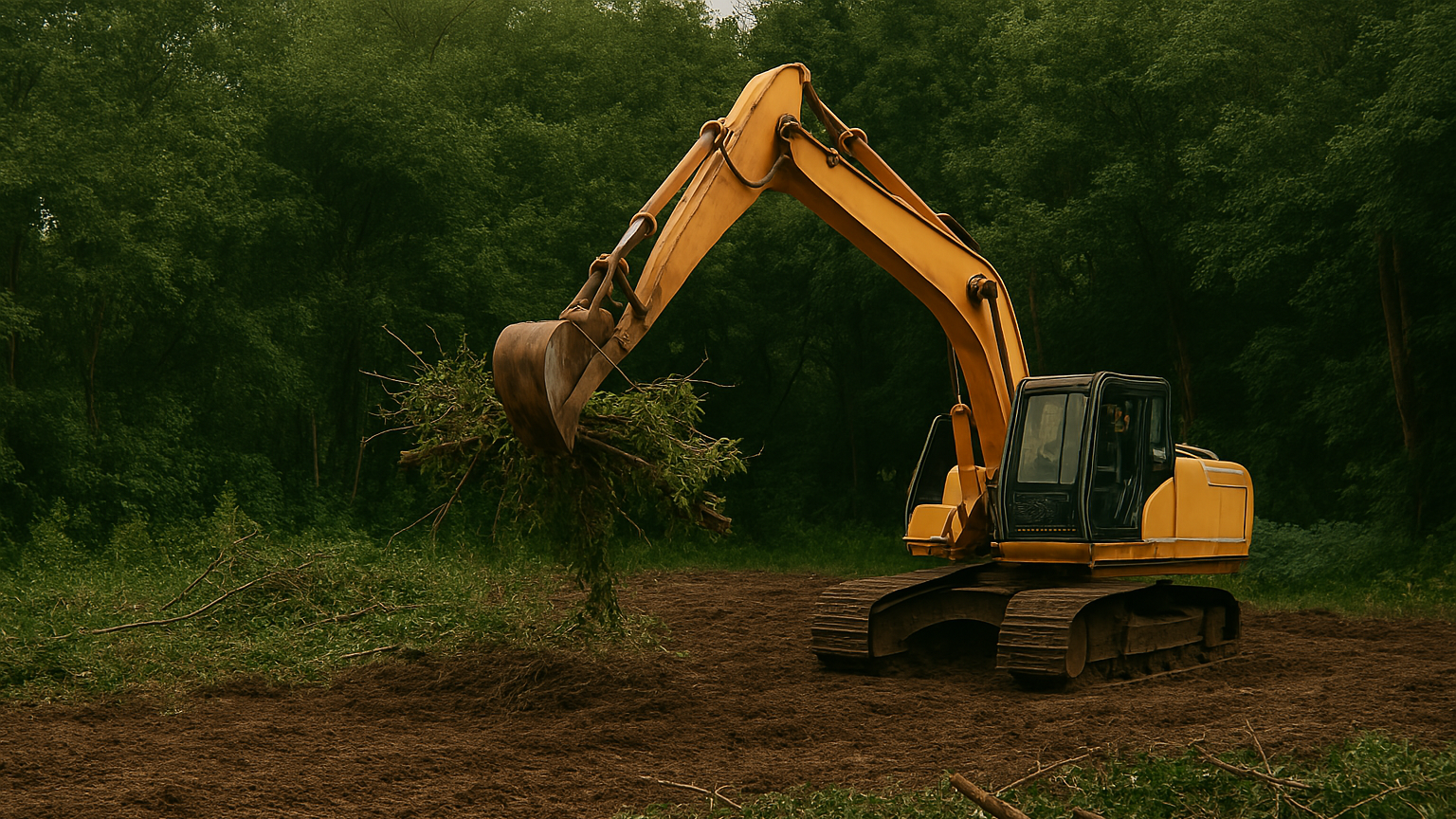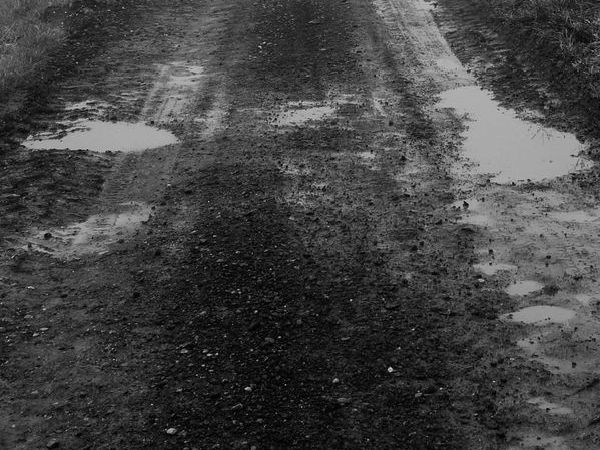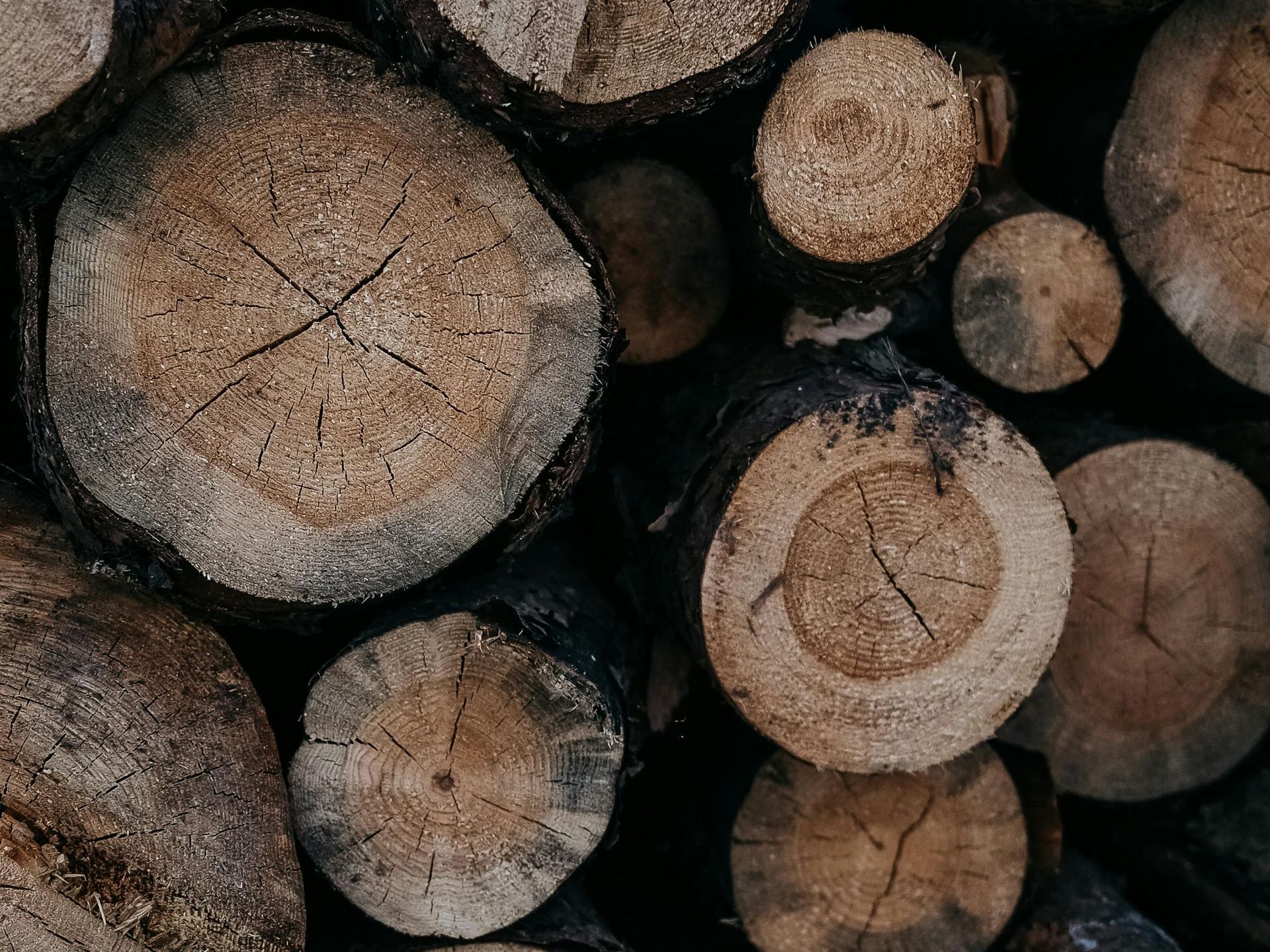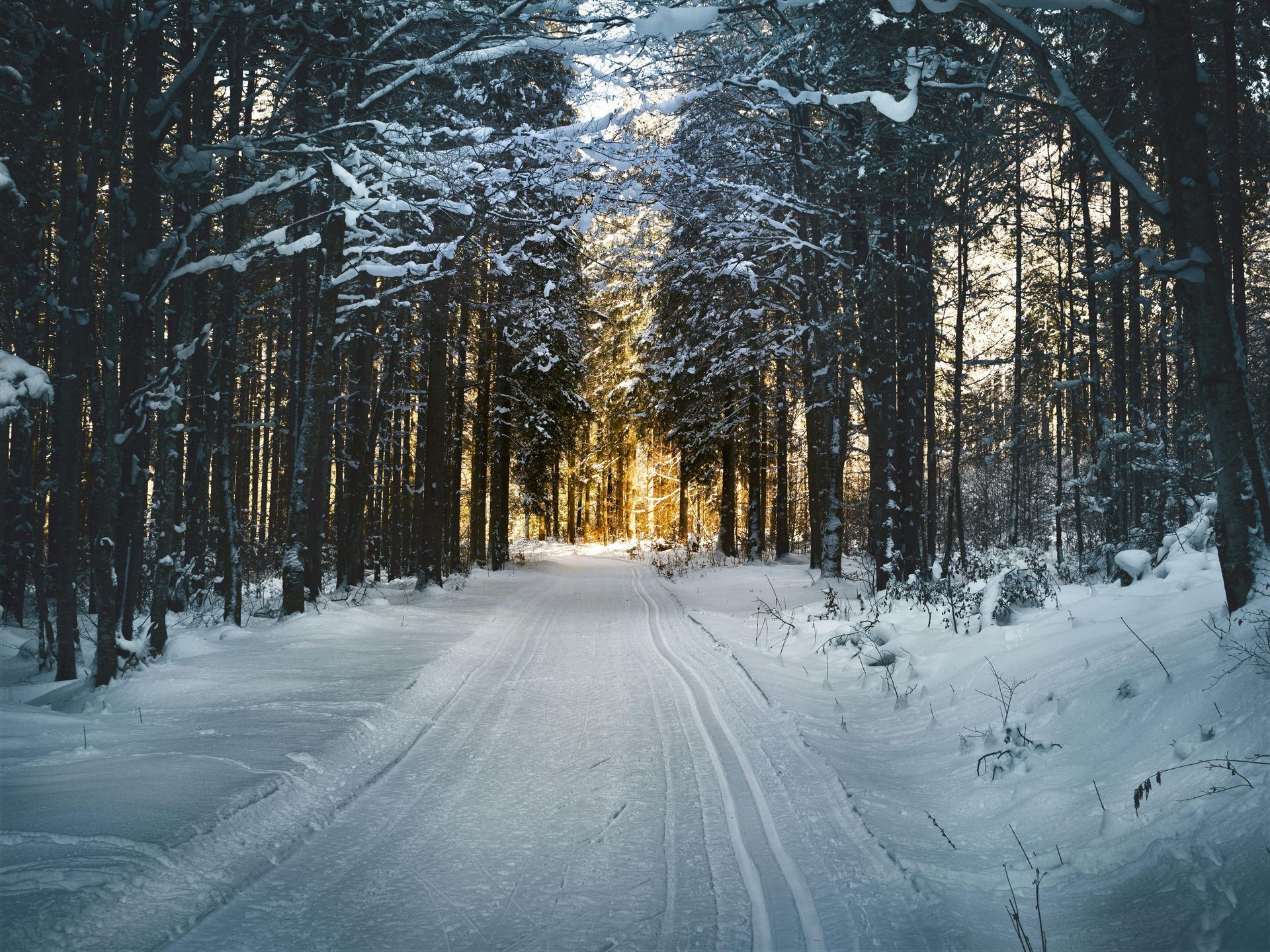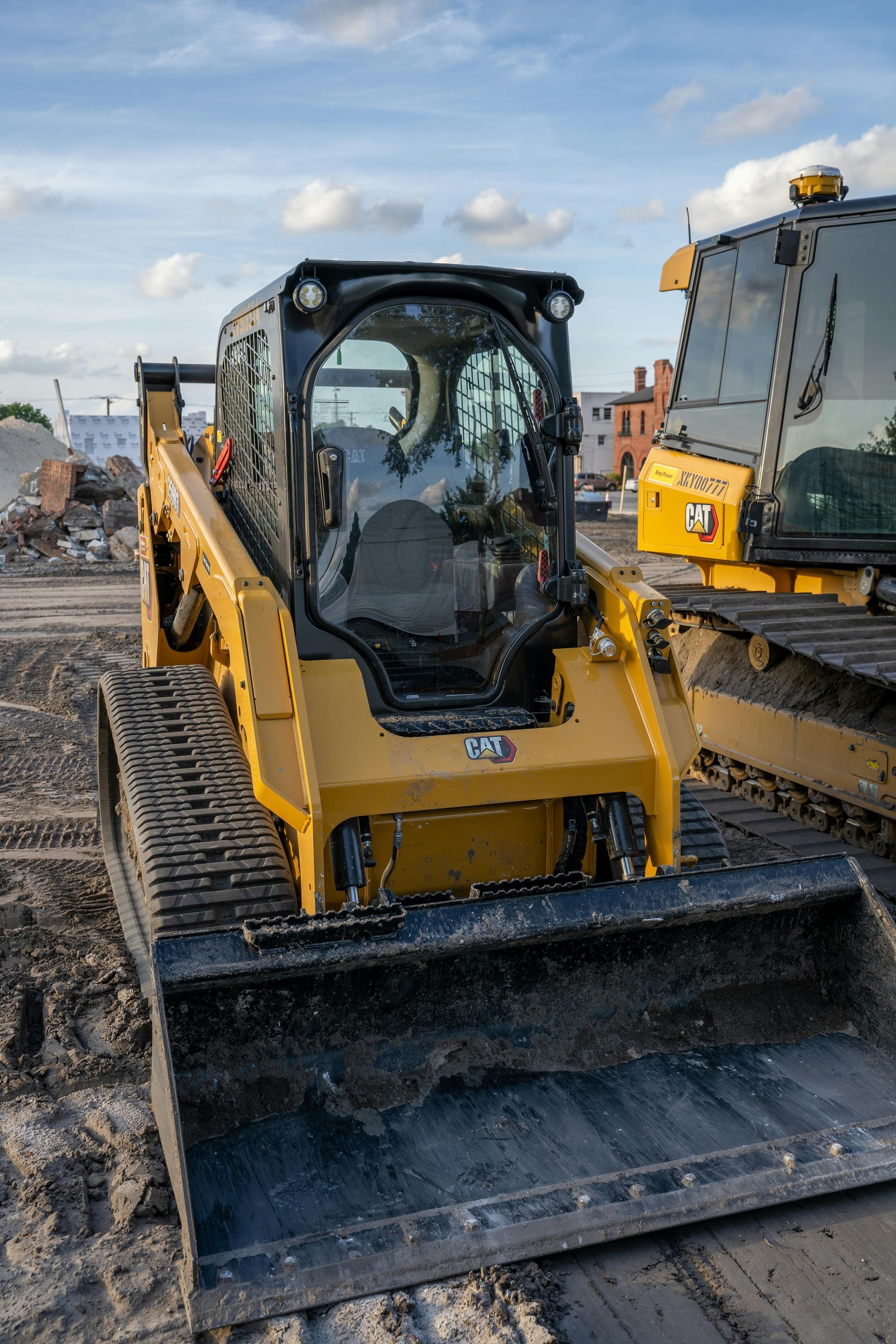How to Choose the Right Gravel for Your Driveway
Not all gravel is the same—learn which type works best to keep your driveway solid, safe, and long-lasting.
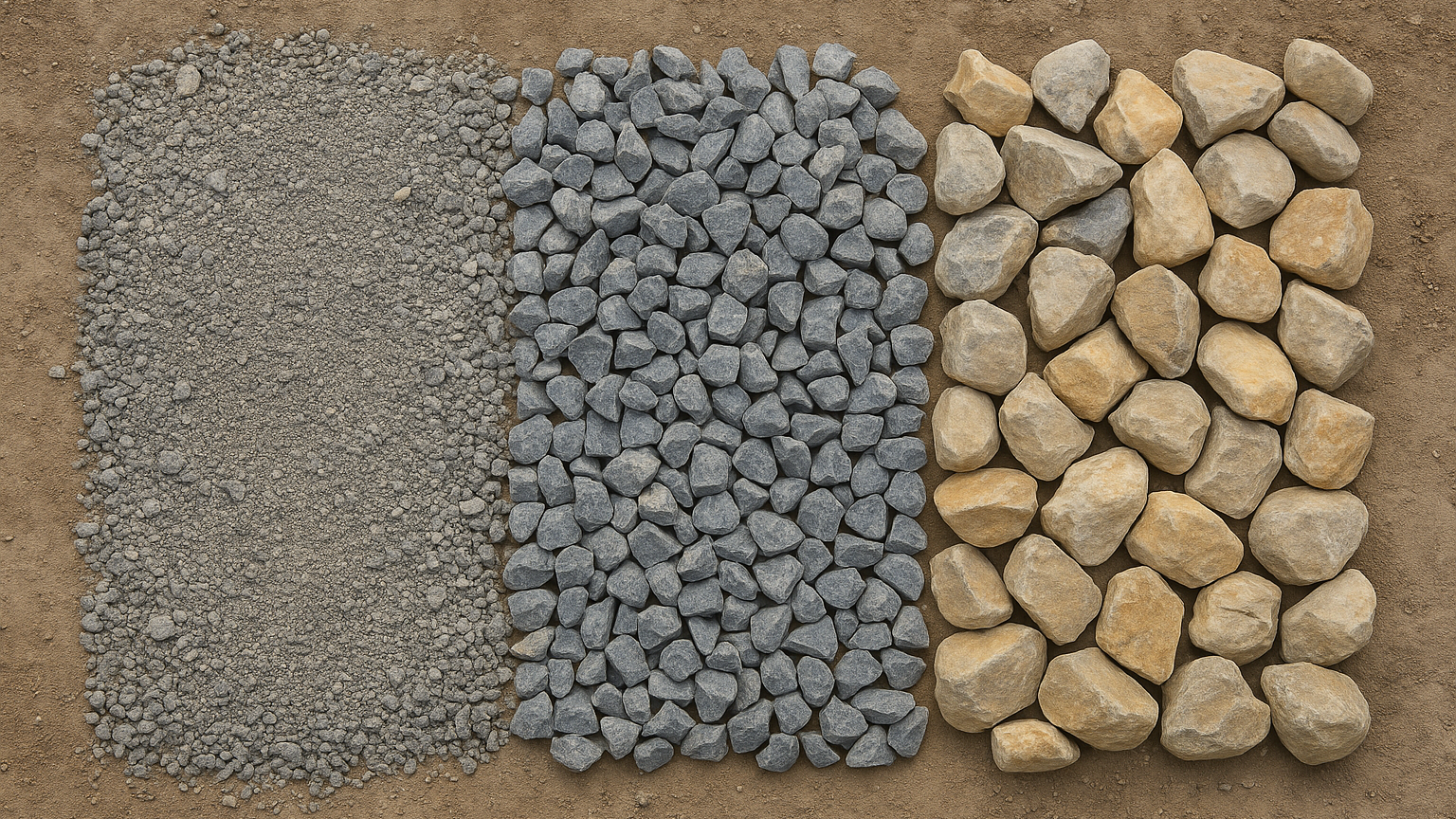
Gravel driveways are one of the most cost-effective and low-maintenance options for both rural and residential properties—but not all gravel is created equal. Choosing the right material for your driveway is critical to preventing erosion, improving drainage, and ensuring the surface can stand up to regular vehicle traffic. In this post, we’ll break down the most common types of gravel and help you understand which is right for your needs.
Why Your Gravel Choice Matters
The type of gravel used in a driveway affects more than just how it looks. It determines how well the surface handles water, traffic, and time. Using the wrong material can lead to rutting, washouts, and constant maintenance.
At Prichard Excavating, we help our clients choose and install the right gravel so their driveways last longer with fewer issues.
Best Gravel Types for Driveways
When building a gravel driveway, it's important to think about both structure and surface. A long-lasting gravel driveway typically uses multiple layers, starting with a strong foundation and ending with a clean, compactable top layer. Each type of gravel serves a different purpose depending on its size, shape, and how well it drains.
The best gravel isn’t necessarily the most expensive—it’s the material that’s properly suited to your soil conditions, terrain, and how the driveway will be used. Below are some of the most reliable types we use regularly across Middle Tennessee.
Crusher Run (Ideal for Base Layers)
Also known as “dense grade aggregate,” crusher run is a mix of crushed stone and stone dust. It compacts tightly, making it the perfect base layer for any gravel driveway. It locks together to form a strong, supportive foundation.
#57 Stone (Great for Top Layers)
This medium-sized, angular gravel is excellent for finishing the surface of a driveway. It allows for good drainage while providing a clean and stable top layer that resists shifting.
Oversized Rock or #3 Stone (Good for Heavy Use Areas)
For driveways that see heavier traffic or need extra reinforcement, larger rock beneath the base layer can improve stability and load-bearing capacity.
What Makes a Driveway Durable and Low-Maintenance
A gravel driveway is only as good as its foundation. Even the best materials can fail if the ground underneath isn’t properly prepared. That’s why at Prichard Excavating, we focus on the full process—not just the gravel.
Here’s what contributes to a long-lasting, reliable gravel driveway:
- Proper grading – We shape the land to shed water, reducing erosion and rutting.
- Layering materials – Using multiple layers of different gravel types ensures strength and stability.
- Compaction – Each layer is tightly compacted to prevent settling or displacement.
- Drainage planning – We make sure water flows off the surface—not into ruts or soft spots.
When all of these steps come together, you get a driveway that looks clean, drains properly, and holds up year after year.
How to Know What Gravel You Need
Choosing the right gravel depends on a few factors:
- How much vehicle traffic will it handle?
- Is the driveway flat or sloped?
- Do you want a fine finish or a rugged, functional surface?
- Are you topping an existing driveway or building from scratch?
We’re happy to help you make the right call—whether you need a quick refresh or a brand-new install.
Ready to Upgrade Your Driveway?
A properly built gravel driveway should last for years with minimal maintenance. At Prichard Excavating, we specialize in building durable, well-draining driveways across Middle Tennessee using the right materials and the right methods.
Contact us today for a quote or to schedule your gravel delivery and installation.
